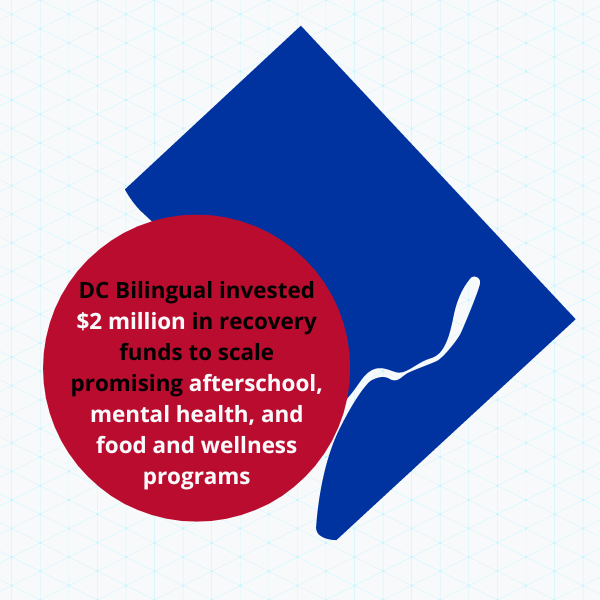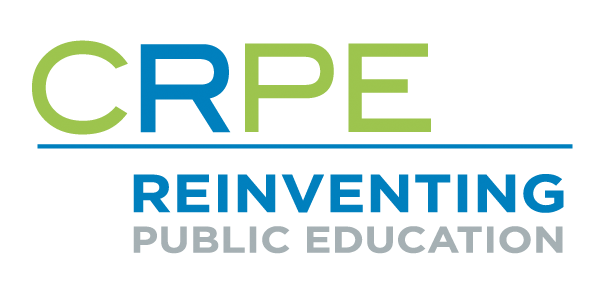DC Bilingual, a charter school located in Washington, DC, uses a dual immersion Spanish and English learning program and is among the top 10 highest performing charter schools in DC. The school used some of its approximately $2 million in recovery funds to scale promising afterschool, mental health, and food and wellness programs.
DC Bilingual historically offered an extended day program they call The Hive. Using recovery funds, school leaders expanded the availability of The Hive so that more students could have the opportunity to benefit from the learning catch up that the program provides. School leaders also used recovery funds to invest in the school’s community garden and kitchen, which serves both as a learning tool and a food program for the community. The kitchen partners with a local food bank and now distributes approximately 10,000 pounds of food each month to local families and community members. Lastly, DC Bilingual invested in targeted mental health services to ensure that students were ready to learn and reengage at school.
We are highlighting these practices because they exemplify how a school can support both mental, physical and academic wellness for students while simultaneously supporting the wellbeing of its surrounding community.





